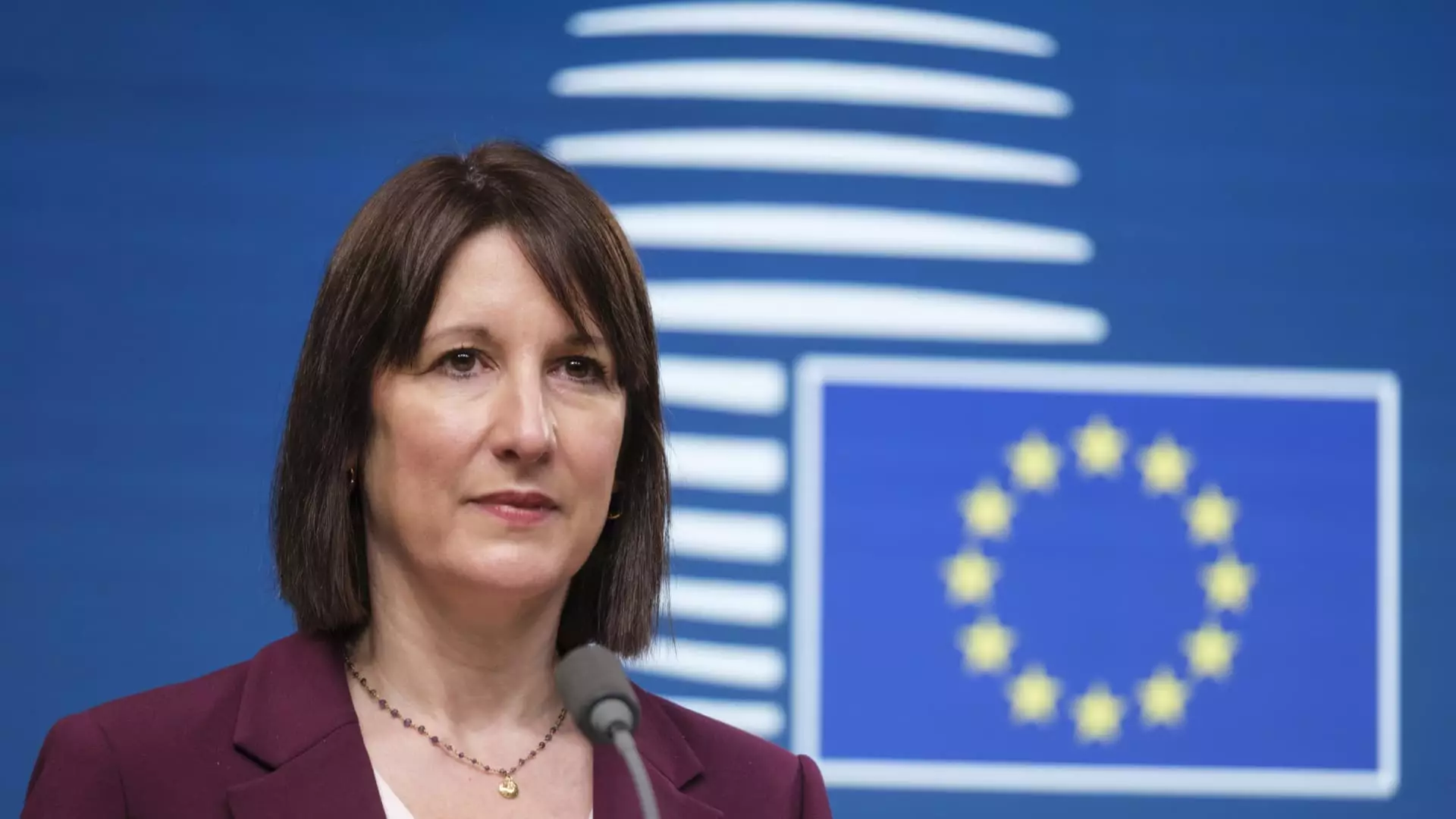In the fragile landscape of global politics, the U.K. and the European Union (EU) are finding themselves at a pivotal crossroads. With the election of Donald Trump as the President of the United States, anticipation of changing diplomatic and economic relationships has led both parties to rethink their cooperation strategies. Rachel Reeves, the newly appointed Chancellor of the U.K., recently visited Brussels to engage in discussions with her EU counterparts. This meeting marked a significant moment, being the first official engagement since the U.K.’s departure from the EU in 2020. The shared sentiment that emerged from this encounter was a compelling recognition of intertwined interests, particularly concerning global stability and security.
Reeves’s meeting with notable EU leaders, including Eurogroup President Paschal Donohoe, was characterized by an underlying urgency to address pressing issues like the conflict in Ukraine, concerns about China, and potential U.S. protectionism under Trump’s administration. According to a reliable source within the EU, these topics not only resonate across both organizations but also highlight the urgency for a coordinated response to mounting geopolitical challenges. The discussions in Brussels hinted at a newfound resolve to bolster partnerships aimed at promoting free trade, collective support for Ukraine, and enhancing bilateral economic ties.
While the details surrounding these conversations remain confidential, it is clear that both the U.K. and the EU are motivated by a recognition that their futures are intertwined. As they navigate the complexities of foreign policy and trade, the potential for collaboration is more essential than ever. The dialogue reflects a desire to rekindle not only political alliances but also economic ones as they brace for an uncertain future.
Looking ahead, U.K. Prime Minister Keir Starmer is poised to further solidify these ties through his own diplomatic channels. With an upcoming meeting scheduled with the European Council President Antonio Costa and participation in a meeting of EU heads of state planned for 2025, Starmer’s administration is positioned as a proactive actor in shaping post-Brexit relations. As he endeavors to establish a cooperative framework, the emphasis will likely be on reconstructing trust and stability—two elements severely tested over recent years.
In light of the new Labour government’s aim to end years of strained relations following Brexit, Reeves has indicated that her visit was not intended to spark negotiations or lay down demands. Instead, the focus would be on nurturing trust, an approach that resonates deeply within the context of past confrontations. The ability to navigate the intricate web of negotiations while maintaining dialogue will be crucial as the U.K. and EU work to redefine their partnership.
One of the underlying concerns shaping the discussions is the anticipated policy shifts from the incoming U.S. president. Trump’s comments foreshadow a potential reduction in U.S. support for Ukraine and the possibility of tariffs on European goods, adding another layer of complexity to transatlantic relationships. Observers like Ignacio García Bercero highlight the necessity for the U.K. and EU to adopt a united front in their dealings with the U.S. Developing a coherent approach will be imperative to ensure that mutual interests are preserved, particularly in light of any increase in U.S. protectionism that could adversely affect both economies.
In a world where global alliances are continuously evolving, the ability to engage in constructive discourse has become increasingly critical. The EU’s historically strong relationship with the U.K. could serve as an advantageous asset as they tackle challenges posed by U.S. policy changes. Hence, this reciprocal dialogue is not merely an exercise in diplomacy but rather a strategic maneuver to establish a resilient partnership capable of weathering the storm.
As the U.K. and EU seek to reestablish connections after tumultuous years, the importance of empathy, understanding, and collaboration cannot be overstated. Chancellor Reeves’s recent visit to Brussels is a testament to the shared values and visions that still bind these former partners together. With a renewed outlook, the U.K. and EU might just find that their paths forward are more aligned than they had previously thought. As they embark on this journey of rebuilding trust and cooperation, they must remain vigilant to the global dynamics at play, ensuring that their partnership is not just a relic of the past but a beacon of hope for the future.


Leave a Reply